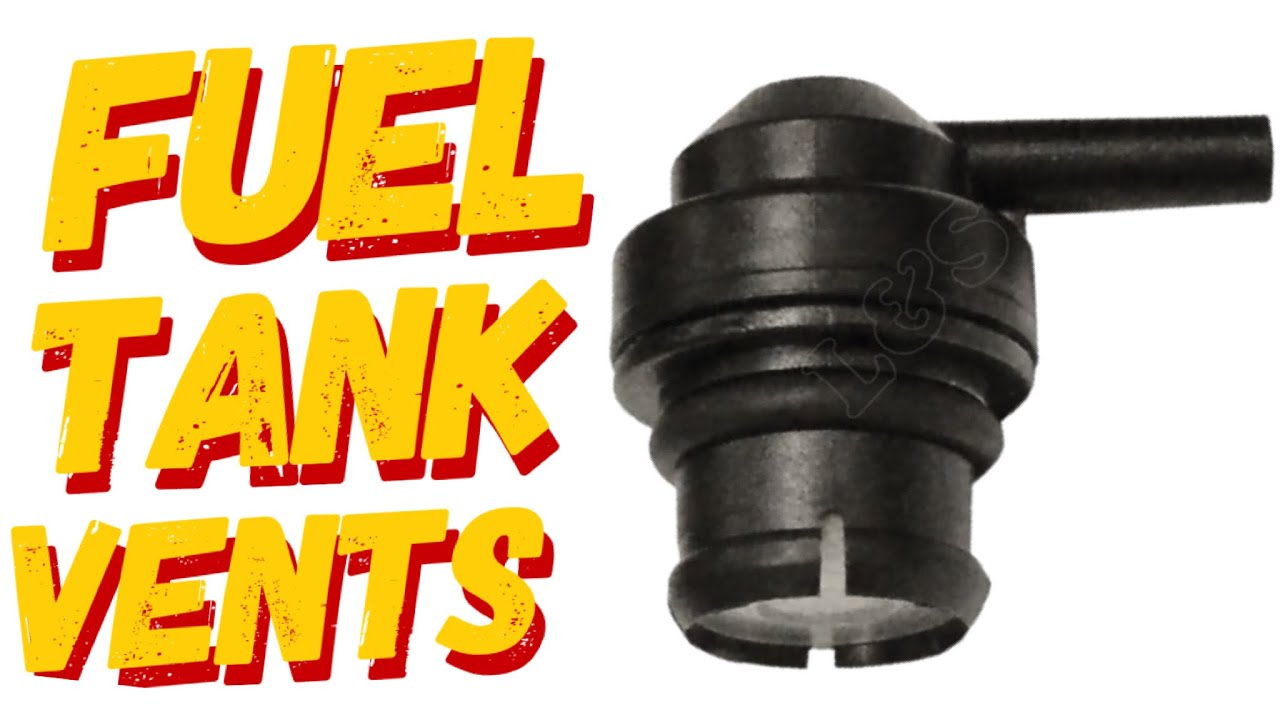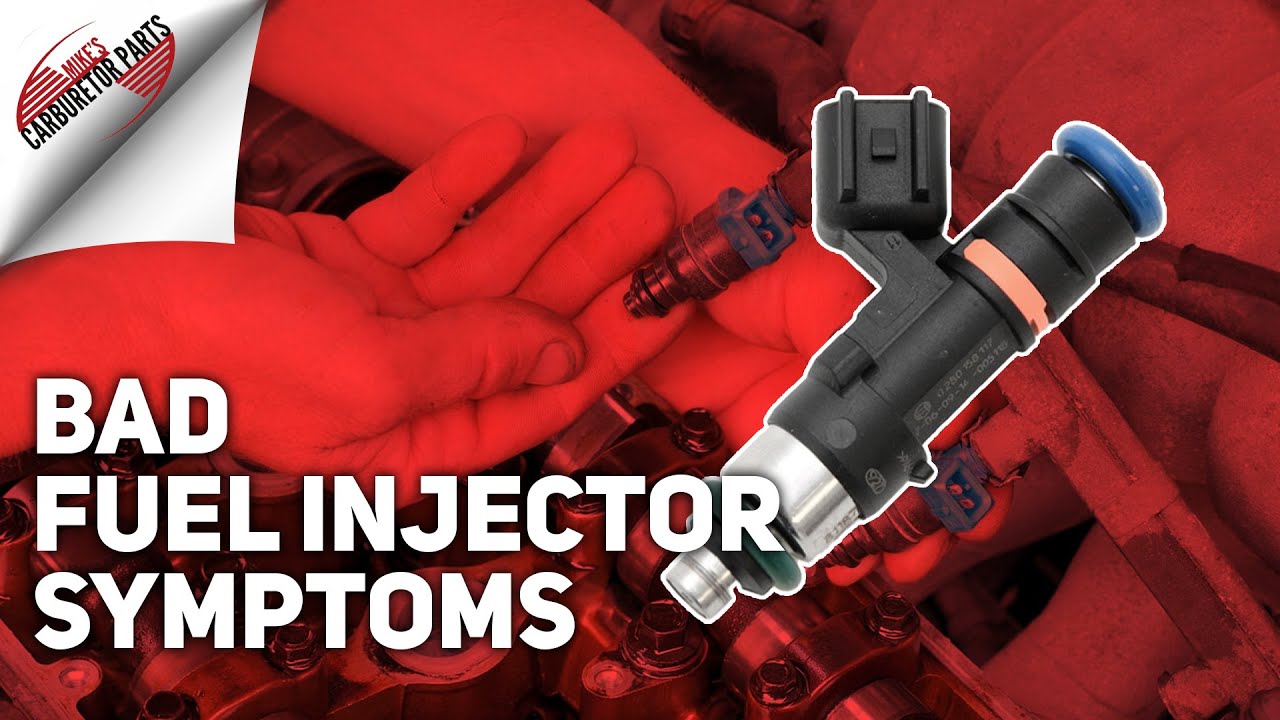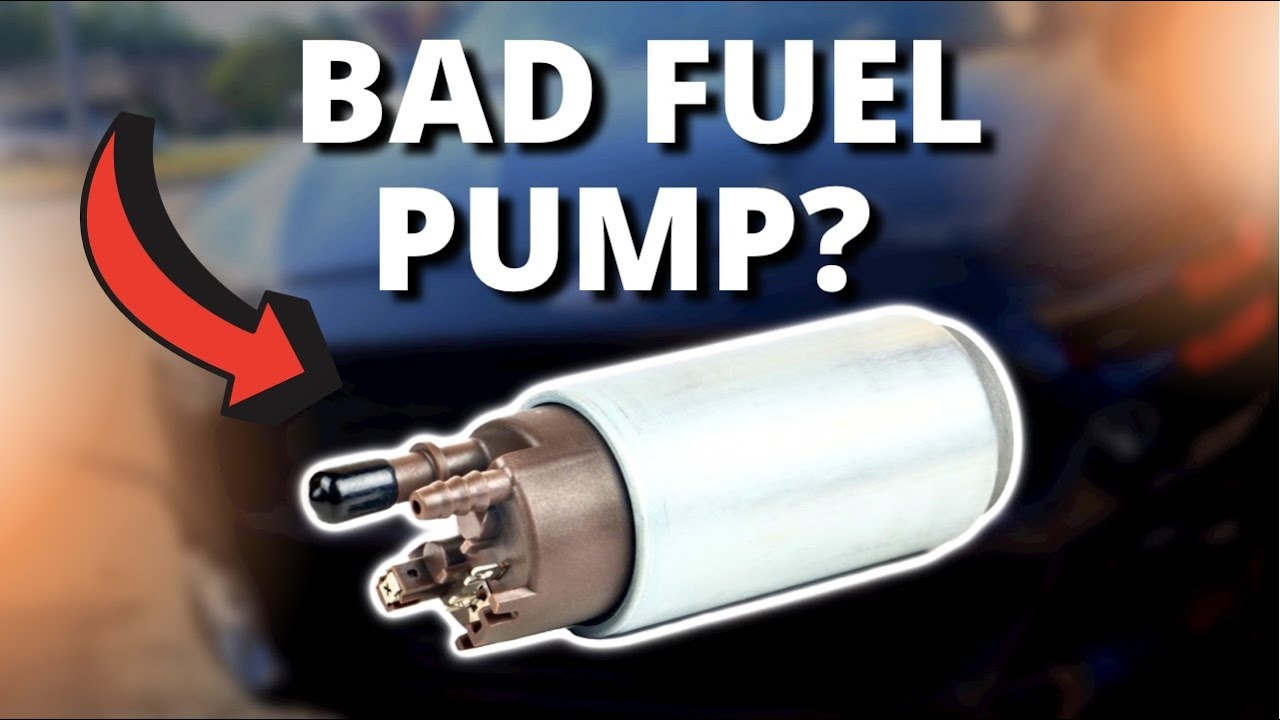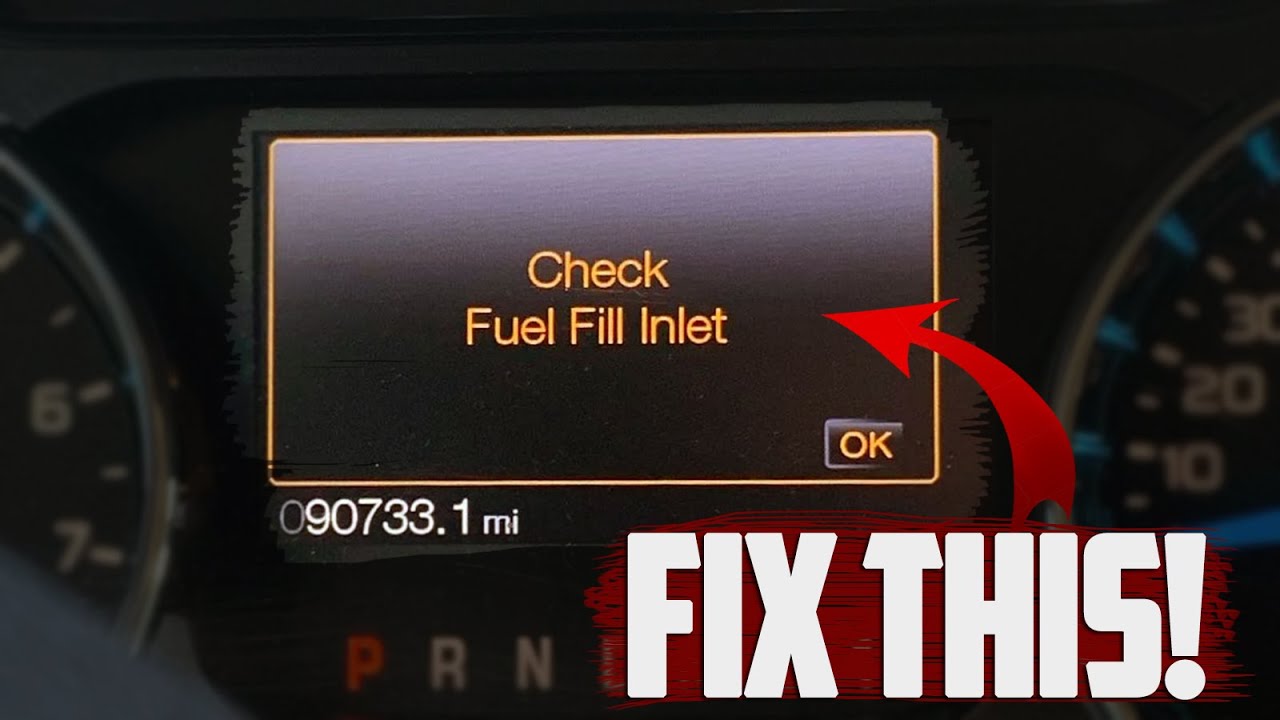Imagine cruising down the road, and suddenly, your car starts to sputter and stall. The culprit? A sneaky blocked fuel tank vent. Don’t let this silent saboteur take you by surprise! We’re diving into the tell-tale signs of a clogged vent and how to swiftly kick those troubles to the curb. Stay tuned to master the art of outsmarting this hidden menace.
What are the common Symptoms Of A Blocked Fuel Tank Vent?
A clogged gasoline tank vent can negatively affect the engine and fuel system. The vent allows air into the tank as fuel is consumed to maintain pressure and prevent spillage. When the vent becomes blocked, the pressure in the reservoir rises, causing various symptoms:
#1 Difficulty Starting the Engine
When you turn the key in the ignition, you expect the engine to roar to life. However, if your car struggles to start, it could be due to a blocked fuel tank vent. The vent’s primary function is to equalize pressure in the fuel tank and allow air to flow freely.
But when it becomes blocked, air cannot enter the tank, creating a vacuum. This vacuum can prevent fuel from reaching the engine and make starting difficult. Sometimes, you may need to crank the engine several times or wait for a few seconds before it finally starts.
#2 Hissing Noise
A hissing noise from the fuel tank area is another sign of a blocked vent. This noise is caused by the pressure buildup inside the fuel tank due to the blocked vent. The fuel pump tries to pull fuel from the tank, but the vacuum created by the blockage makes it difficult.
As a result, the fuel pump draws in air, which causes the hissing noise. If you hear this noise, having your vehicle inspected by a qualified mechanic as soon as possible is essential.
#3 Decreased Fuel Efficiency
A blocked fuel tank vent can cause a significant decrease in fuel efficiency. The vacuum created by the blockage can make it difficult for the engine to draw fuel from the tank, forcing it to work harder.
This extra workload can cause the engine to consume more fuel than usual, decreasing fuel efficiency. You may notice that you must fill up your tank more frequently or that your car’s fuel economy has decreased.
#4 Check Engine Light
When the fuel tank vent becomes blocked, it can trigger your car’s check engine light to come on. The check engine light is part of your car’s onboard diagnostics system and is designed to alert you when there is a problem with the engine or emissions control system.
A blocked fuel tank vent can cause a malfunction in the evaporative emissions control system, which can trigger the check engine light. If your check engine light comes on, it’s essential to have your vehicle inspected by a qualified mechanic as soon as possible.
#5 Fuel Odor
A blocked fuel tank vent can cause fuel vapors to build up in the fuel tank, creating a noticeable fuel odor inside or outside the vehicle. You may notice the smell of gasoline inside the car or fuel when you’re outside the vehicle.
This fuel odor is a sign of a problem with the fuel system, and you should have your car inspected by a qualified mechanic immediately.
#6 Slow Acceleration
A blocked fuel tank vent can cause slow acceleration and a lack of power. When the vent is blocked, it creates a vacuum in the fuel tank, making it difficult for the pump to draw fuel.
This lack of fuel can cause the engine to run lean, leading to a lack of power and slow acceleration. You may notice that your car is sluggish when you press the gas pedal or take longer to reach highway speeds.
#7 Fuel Tank Collapse
A blocked fuel tank vent can cause a vacuum inside the tank, leading to the tank’s collapse or deformation. This is because the vacuum can cause the tank’s walls to compress inward, creating a concave shape.
If this happens, you may notice that your fuel gauge is inaccurate or your fuel tank is smaller than it should be. Additionally, a collapsed fuel tank can cause damage to the fuel pump or other components of the fuel system.
#8 Engine Misfires
A blocked fuel tank vent can cause engine misfires or a rough-running engine. When the fuel tank vent is blocked, it can cause the engine to run lean or rich, depending on the specific type of blockage. A lean condition can cause engine misfires or rough idling, while a rich condition can cause poor fuel economy and a sluggish engine.
Diagnosing Symptoms Of A Blocked Fuel Tank Vent
Diagnosing a blocked fuel tank vent requires a few steps to determine the root cause of the issue. Here are some steps to help diagnose symptoms of a blocked fuel tank vent:
- Check the Fuel Cap: The first thing to check is the fuel cap. A faulty or damaged fuel cap can cause pressure issues in the fuel tank, which can mimic the symptoms of a blocked fuel tank vent. Check the fuel cap for cracks, signs of wear and tear, and ensure it is properly tightened.
- Check for Blockages: Inspect the fuel tank vent hose for any blockages, such as debris or insects. These blockages can prevent air from entering the fuel tank, causing a vacuum that can lead to several symptoms. It’s essential to clear any blockages in the vent hose to ensure proper airflow.
- Check the Fuel Filter: A clogged fuel filter can also mimic the symptoms of a blocked fuel tank vent. A dirty or clogged fuel filter can prevent fuel from flowing to the engine, causing poor performance and fuel efficiency. Check the fuel filter and replace it if necessary.
- Check the Evaporative Emissions Control System: The evaporative emissions control system controls the fuel vapors in the fuel tank. If this system is malfunctioning, it can cause the symptoms of a blocked fuel tank vent. Check the system for any issues and replace any faulty components.
- Inspect the Fuel Pump: The fuel pump draws fuel from the fuel tank and delivers it to the engine. If the fuel pump is faulty, it can cause issues similar to those caused by a blocked fuel tank vent. Inspect the fuel pump and replace it if necessary.
- Perform a Smoke Test: A smoke test can help determine if there are any leaks in the fuel system or if there are issues with the evaporative emissions control system. The test involves introducing smoke into the fuel system and checking for leaks or blockages.
FAQs
What causes a fuel tank vent to become blocked?
A fuel tank vent can become blocked for several reasons, including debris or insects entering the vent hose, a faulty or damaged fuel cap, a clogged fuel filter, or a malfunctioning evaporative emissions control system.
How do I know if my fuel tank vent is blocked?
Common symptoms of a blocked fuel tank vent include engine stalling, difficulty refueling, fuel smell, and reduced fuel efficiency. If you notice any of these symptoms, you must have your vehicle inspected by a qualified mechanic as soon as possible.
Can a blocked fuel tank vent be dangerous?
A blocked fuel tank vent can be dangerous. The buildup of pressure inside the fuel tank can cause fuel vapors to escape, leading to a strong fuel smell and potentially toxic fumes. Additionally, engine stalling or hesitation can occur, which can affect your ability to control the vehicle.
Can I fix a blocked fuel tank vent myself?
While it’s possible to fix a blocked fuel tank vent yourself, it’s essential to understand your vehicle’s fuel system and take proper safety precautions. If you’re unsure or inexperienced, it’s best to have your vehicle inspected by a qualified mechanic to ensure proper repair.
How can I prevent my fuel tank vent from becoming blocked?
Regular vehicle maintenance, including checking and cleaning the fuel tank vent, can help prevent the vent from becoming blocked. It’s also essential to ensure you’re using the correct fuel cap and replacing the fuel filter as your vehicle’s manufacturer recommends.
Conclusion
In conclusion, a blocked fuel tank vent can cause several issues affecting your vehicle’s performance, safety, and efficiency. Common symptoms include engine stalling, fuel smell, and reduced fuel efficiency. It’s essential to have your vehicle inspected by a qualified mechanic if you notice any of these symptoms to figure out the root cause of the issue and ensure it’s done properly.
Regular vehicle maintenance, including checking and cleaning the fuel tank vent, can help prevent these issues and keep your vehicle running smoothly. Additionally, taking proper safety precautions when fixing a blocked fuel tank vent yourself is crucial. By staying informed and taking preventative measures, you can help ensure the longevity and reliability of your vehicle.




